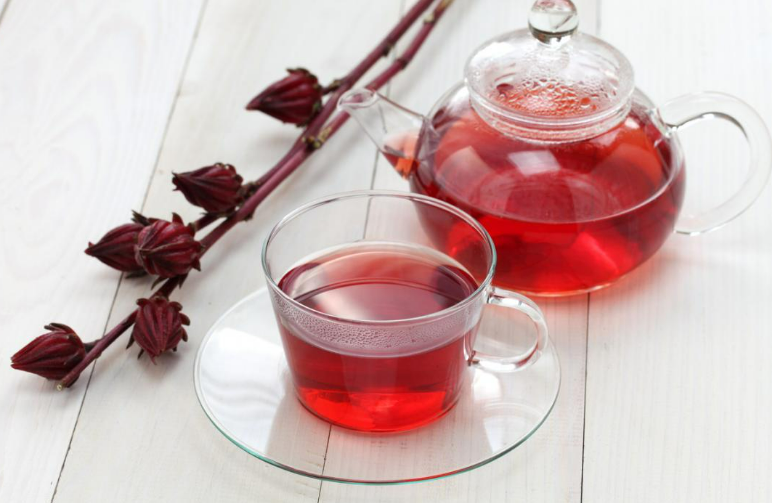Introduction.
Hibiscus tea is made from the hibiscus flower, which is native to East Africa. The hibiscus flower is a member of the mallow family, including mallows, hollyhocks, and okra. Hibiscus tea has a tart, cranberry-like flavor and is rich in antioxidants, making it a healthy choice for those looking for an alternative to black or green tea.

Health benefits of hibiscus tea.
There are many benefits to drinking hibiscus tea. The following are the ten most notable.
1. Hibiscus tea is rich in antioxidants.
Hibiscus tea contains high levels of antioxidants, which help to protect the body against damage from free radicals. Free radicals are harmful molecules that can cause cell damage and lead to diseases such as cancer. Antioxidants neutralize free radicals and help to prevent their damage. Suppliers such as https://hibiscusteahouse.com, specialise in high quality teas.
2. Hibiscus tea may lower blood pressure.
Hibiscus tea has been shown to lower blood pressure in people with hypertension. One study found that drinking three cups of hibiscus tea daily for eight weeks lowered systolic blood pressure by 7% and diastolic blood pressure by 11%.
3. Hibiscus tea may improve lipid profile.
Hibiscus tea has been shown to improve the lipid profile, which measures fats in the blood. One study found that drinking hibiscus tea for eight weeks improved the lipid profile by reducing total cholesterol, LDL (bad) cholesterol, and triglycerides and increasing HDL (good) cholesterol.
4. Hibiscus tea may boost liver health.
Hibiscus tea may help to protect the liver from damage. One animal study found that hibiscus tea extract prevented damage to liver cells and reduced levels of enzymes that are markers of liver damage.
5. Hibiscus tea may help to prevent cancer.
Hibiscus tea has been shown to have anti-cancer effects in laboratory studies. One test-tube study found that hibiscus extract inhibited the growth of colon cancer cells. Another test-tube study found that hibiscus extract suppressed the growth of breast cancer cells.
6. Hibiscus tea may improve digestive health.
Hibiscus tea has been traditionally used to treat digestive disorders such as indigestion, bloating, and constipation. One animal study found that hibiscus tea improved digestion by increasing levels of enzymes involved in digestion.
7. Hibiscus tea may help to treat anxiety and depression.
Hibiscus tea has been shown to have anti-anxiety and antidepressant effects in animal studies. One study found that hibiscus extract reduced anxiety symptoms in rats, while another found that hibiscus tea improved depressive symptoms in mice.
8. Hibiscus tea may help to improve skin health.
Hibiscus tea can be used as a natural beauty treatment. One study found that hibiscus extract improved skin elasticity and reduced wrinkles in women. Another study found that hibiscus tea helped to protect the skin from damage caused by ultraviolet (UV) radiation.
9. Hibiscus tea may help to lower blood sugar levels.
Hibiscus tea has been shown to have blood-sugar-lowering effects in animal studies. One study found that hibiscus extract reduced blood sugar levels in rats with diabetes. Another study found that hibiscus tea improved blood sugar control in people with type 2 diabetes.
10. Hibiscus tea may have anti-aging effects.
Hibiscus tea is rich in antioxidants, which have anti-aging effects. One study found that hibiscus extract improved skin elasticity and reduced wrinkles in women. Another study found that hibiscus tea helped to protect the skin from damage caused by ultraviolet (UV) radiation.
Bottom line.
Hibiscus tea is a delicious and healthy beverage with many potential health benefits. These benefits are supported by science, but more research is needed. If you want to improve your health, hibiscus tea is a great place to start.
